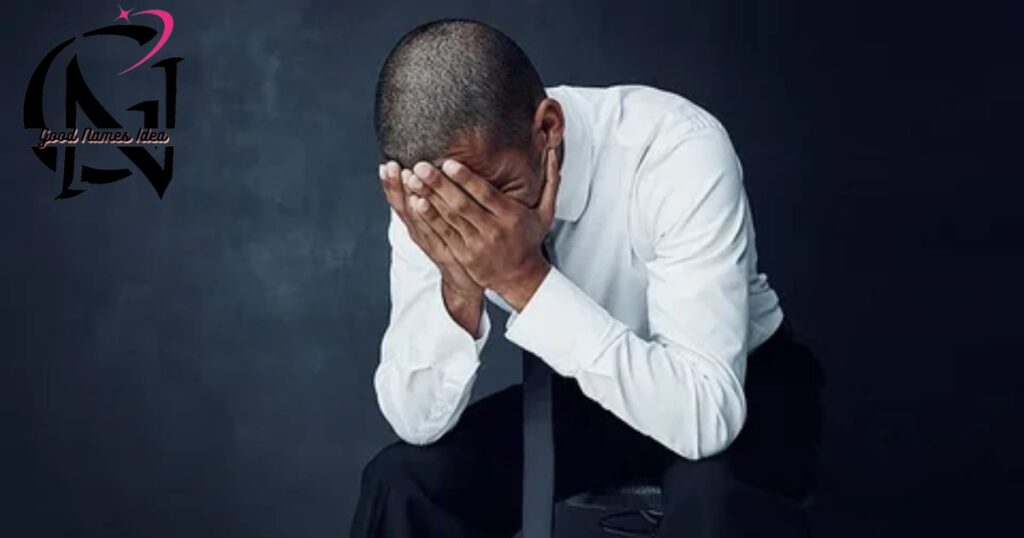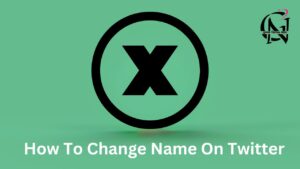Men’s Mental Health Month shines a spotlight on the often-overlooked struggles guys face. It’s a time to break the silence around depression, anxiety, and other issues that don’t discriminate by gender. This June, we’re tearing down the “tough guy” act and showing that real strength lies in reaching out for help when you need it.
Think of it as a month-long conversation starter about the stuff we usually sweep under the rug. From workplace stress to relationship woes, no topics off-limits. It’s about building a world where men can open up without fear of judgment, and where seeking support is seen as badass, not weak. After all, a healthy mind is every bit as crucial as those gym gains.
Men’s mental health
Men’s mental health isn’t just a buzzword; it’s a critical issue that’s been flying under the radar for too long. Guys face, from depression and anxiety to addiction and suicide. It’s time to kick the old “man up” mentality to the curb and start treating mental wellness as seriously as physical health.
Think of it as giving your mind the same attention you’d give a pulled muscle or a broken bone. It’s about recognizing that mental health issues don’t discriminate based on gender, and that seeking help isn’t a sign of weakness. By opening up this conversation, we’re not just saving lives – we’re redefining what it means to be a strong, resilient man in today’s world.
Also Read Health Insurance Ideas: A Complete Guide
World Mental Health Day
World Mental Health Day, celebrated on October 10th, is a global rallying cry for mental health awareness and action. It’s a day when we collectively shine a spotlight on the importance of mental well-being, aiming to break down stigmas and promote understanding. From grassroots events to international campaigns, it’s about sparking conversations that can change lives.
Think of it as an annual check-up for the world’s mental health. It’s a chance to take stock of progress, highlight ongoing challenges, and push for better mental health care and policies. Whether you’re a policymaker, healthcare professional, or just someone who cares, this day reminds us that mental health is everyone’s business.
Emotional literacy

Learning to read your own feelings isn’t just for book clubs. It’s about tapping into your inner world, recognizing when you’re stressed, angry, or down, and figuring out why. This skill’s a game-changer, helping you navigate life’s ups and downs with more grace.
Think of it as upgrading your emotional vocabulary. Instead of just “fine” or “whatever,” you start to pinpoint exactly what’s going on inside. It’s like learning a new language, but the payoff is way better than ordering coffee in French.
Men’s Mental Health Day
November 19th isn’t just another day on the calendar. It’s a global shout-out to dudes everywhere, saying it’s okay to not be okay. This day sparks conversations, busts myths, and shines a light on the unique challenges men face.
Picture a worldwide pep rally for men’s mental wellness. From social media campaigns to local events, it’s all about breaking down barriers and showing that seeking help is a sign of strength, not weakness.
Coping Mechanisms
We’ve all got our go-to moves when life gets tough. Some guys hit the gym, others lose themselves in video games or work. But not all coping strategies are created equal. It’s about finding healthy ways to deal with stress that don’t just numb the pain, but actually help you grow.
The trick is building a toolbox of techniques that work for you. Maybe it’s meditation, journaling, or talking to a friend. The goal isn’t to eliminate stress (good luck with that), but to handle it like a pro without burning out.
Also Read What Can You Buy with Cryptocurrency?
Supportive Communities
Lone wolves might look cool in movies, but in real life, we all need our pack. Supportive communities are like your mental health pit crew, cheering you on and helping you get back on track when you stumble. These can be online forums, local support groups, or just a solid group of friends.
The magic happens when men realize they’re not alone in their struggles. Sharing stories, advice, and sometimes just a listening ear can make all the difference. It’s about creating spaces where guys can be real without fear of judgment.
Men’s mental health resources

The internet’s not just for cat videos and sports stats. There’s a wealth of resources out there specifically tailored to men’s mental health. From online therapy platforms to apps that help you track your mood, the digital world’s got your back.
But it’s not all high-tech. Books, podcasts, and good old-fashioned helplines are still powerful tools. The key is knowing what’s out there and finding what resonates with you. It’s like building your personal mental health library.
Men’s Mental Health Awareness
Awareness isn’t just about knowing stuff exists. It’s about changing the conversation around men’s mental health. It’s dismantling outdated ideas about masculinity and creating a world where seeking help isn’t seen as weak, but as smart and proactive.
This movement is gaining momentum, with celebrities, athletes, and everyday guys speaking out about their own mental health journeys. It’s about normalizing therapy, self-care, and emotional expression for men. The goal? A world where “How are you really doing?” isn’t just small talk, but a genuine invitation to open up.
FAQ’s
When is men’s mental health?
Men’s Mental Health Month is observed in June, while International Men’s Day on November 19th often focuses on men’s mental health issues. However, it’s crucial to prioritize men’s mental health every day of the year.
Why is men’s mental health ignored?
Men’s mental health is often overlooked due to societal expectations of masculinity and the stigma surrounding emotional vulnerability. Traditional gender roles can discourage men from seeking help or expressing their feelings openly.
How to support men’s mental health?
Support men’s mental health by creating safe spaces for open communication and normalizing help-seeking behaviors. Encourage mental health check-ins, promote work-life balance, and challenge harmful stereotypes about masculinity.
What is the common mental health problem in men?
Depression and anxiety are among the most common mental health issues in men. Substance abuse disorders are also prevalent, often used as a coping mechanism for underlying mental health challenges.










